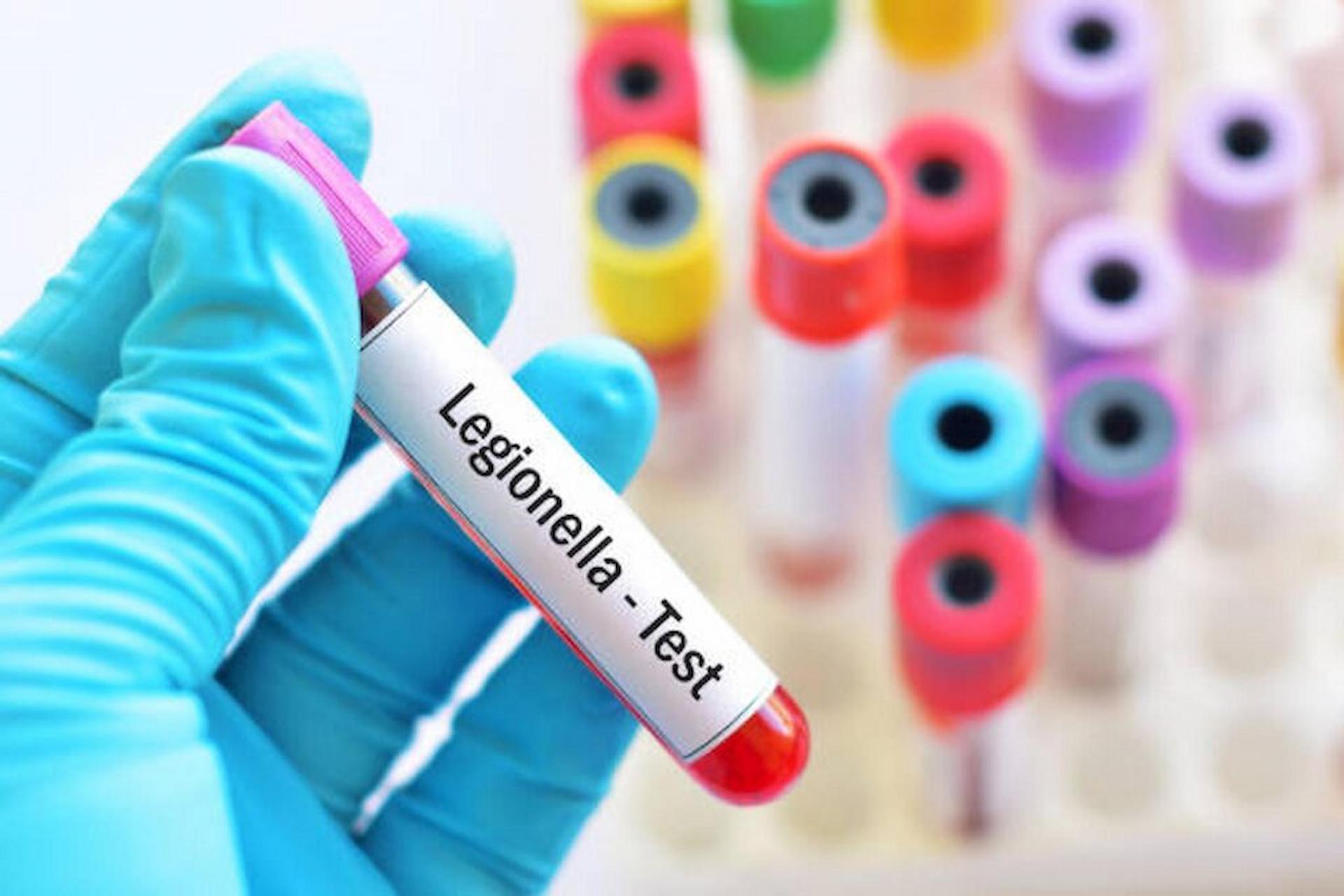Legionella disease is painful and potentially devastating. Business owners, employers, landlords and property managers are legally obliged to consider, assess and mitigate the risks of Legionella bacteria entering their building and property water systems. This includes ensuring any nearby natural water sources, such as lakes, ponds and rivers.
Some businesses are considered at a higher risk of Legionella than others because of the water systems in use. So, let’s look at the types of businesses more at risk than others and should be carrying out regular Legionella testing.
Types Of Businesses At High Risk Of Legionella
Legionella bacteria love environments of warm water and a copious supply of algae-full sludge and sediment, rust and stagnant water. In these situations, the bacteria will grow and spread to dangerously high levels. These are
Hotels, Spas And Other Hospitality Venues
These types of businesses often have a more complex water system in order to provide water for showers, baths, kitchen use and restaurants, as well as spa pools, hot tubs, swimming pools, sauna and steam rooms. However, the very nature of their business means that during quiet periods, parts of their water system may have little use.
Hospitals, Care Homes And Other Healthcare Facilities
Whether it is a large, sprawling hospital or a high street dental practice, the water systems are often complex and used for a variety of activities. In addition, there is a greater risk as patients are often more vulnerable to infections.
Rental Properties
Landlords, property managers and commercial property owners have a legal duty to regularly assess and mitigate the risks of Legionella in the property’s water systems. In most cases, it is just a simple risk assessment but if the property has been empty for a period of time, creating a situation of standing water in pipes and outlets, it’s important to carry out a full Legionella risk assessment.
Sporting Venues And Schools
As with hotels, spas and swimming pools, the water systems in sports halls, schools and associated venues are also complex. There is the added factor that there is a large number of people moving through these places, accentuating the need for regular Legionella risk assessments.
Industrial Businesses
Any business that uses a cooling tower must make sure they have robust Legionella best practices and protocols in place. Cooling towers generate a fine spray that can be carried by the wind and if Legionella bacteria are in the water, it could be spread far wider than just the business location.
Complying With Legal Requirements
The Health & Safety at Work Act 1974 details the legal requirements for business owners and employers, landlords and property managers to comply with. This means they need to consider, assess and mitigate the risk of Legionella contamination within office buildings, and commercial and residential rental properties.
It’s important that businesses and landlords have their water systems tested regularly to not only ensure their water systems are Legionella-free, but also comply with regulations under the Health & Safety Act 1974 to control the spread of Legionella.
One aspect to mention is that many businesses that are re-opening following the Covid-19 pandemic must get their water systems assessed and tested for Legionella as the water pipes will have been sitting dormant for quite a long period of time.


